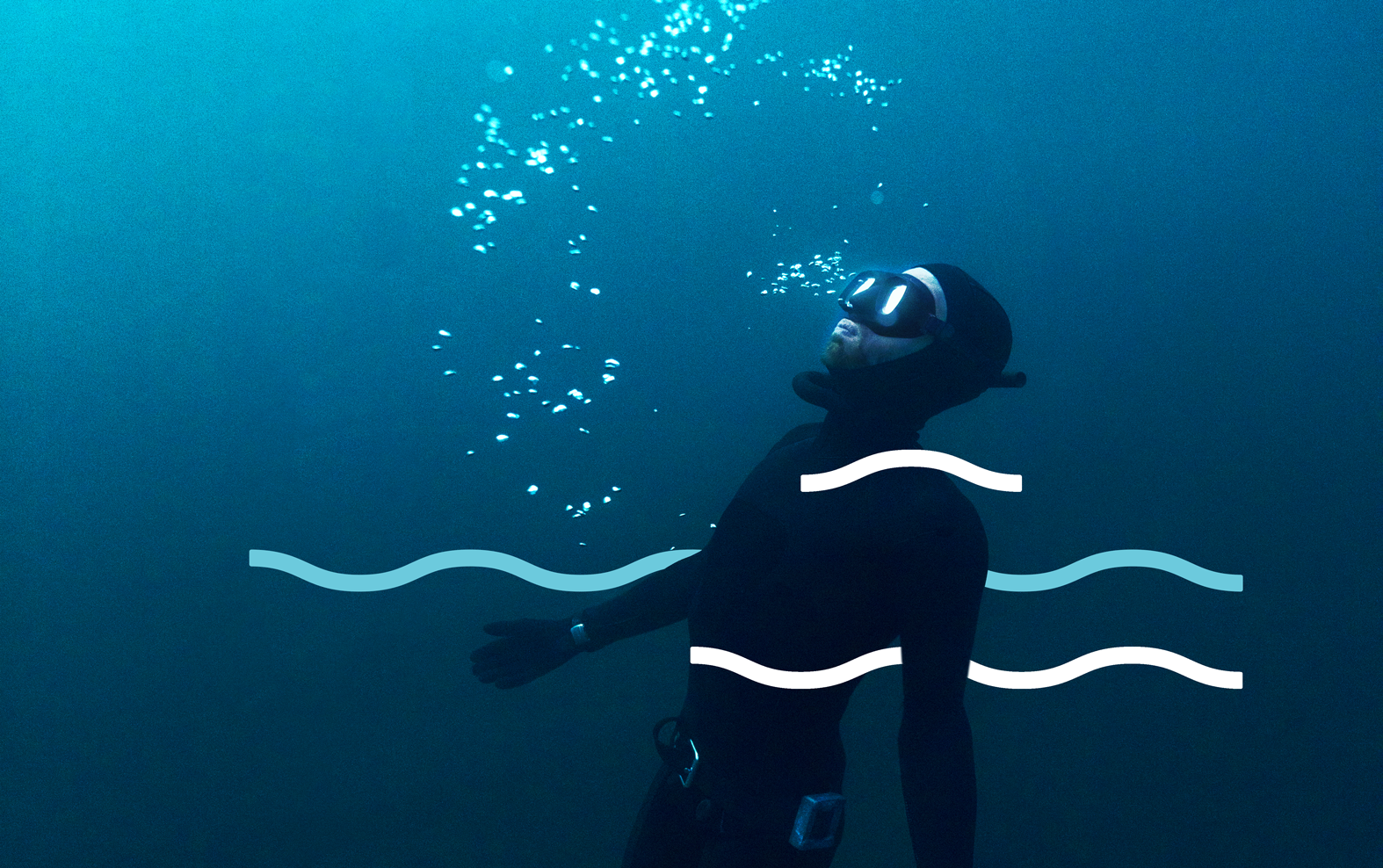Diving in Gaspésie – Magdalen Islands
The Gaspésie, nestled on the east coast of Canada, is an emblematic region that abounds in spectacular landscapes and remarkable marine biodiversity. In addition to its imposing mountains, lush forests and charming coastal villages, Gaspésie is also a destination of choice for scuba diving enthusiasts.
With its crystal clear waters, mysterious wrecks and diverse marine fauna, diving in Gaspésie offers an unforgettable experience for lovers of underwater adventures. Let's discover together the hidden treasures that await intrepid divers in this majestic region.
1. Iconic dive sites


crédit : Steven Melanson
First of all, this region has many emblematic dive sites that will satisfy divers of all levels.
Among them, Parc national de l’Île-Bonaventure-et-du-Rocher-Percé is a must-see destination. This site is part of the Webbed Route and integrates one of the greatest masterpieces of the Quebec underwater landscape. Indeed, the dives off Île Bonaventure offer breathtaking underwater landscapes with impressive underwater cliffs, arches and caves to explore. Gray seals, lobsters, crabs and a variety of fish color these waters of life.
Discover the advice of Steven Melanson – diving instructor in Percé through our interview
2. Explorations of historic wrecks
Imagine yourself on the majestic coasts of Haute-Gaspésie, a real marine picture with rugged relief. Once, this wild and mysterious place gave a hard time to valiant ships, which chose these tumultuous waters to end their journey there. But make no mistake, history has tinged these waters with a bewitching and fascinating aura.
Today, specialists will tell you: this estuary region, neighboring Haute-Gaspésie, is home to a vast marine cemetery, where a considerable number of wrecks lie silently. Each tells its own tale, evoking epic journeys and past adventures.
This extraordinary place is not only a cemetery, but an archaeological treasure just waiting to be explored. There, researchers eagerly search the depths to uncover the well-kept secrets of these wrecks, revealing a mosaic of cultures and eras. You are invited to immerse yourself in this laboratory of exploration, where history unfolds with every dive, offering a captivating insight into the rich maritime past of the region.
3. Meet the abundant marine life
4. Venture to the Magdalen Islands


crédit : Fabrice Vanhoutte
If you want to expand your diving experience in Gaspésie, be sure to venture to the Îles de la Madeleine, an enchanting archipelago located off the northeast coast of Gaspésie. The Magdalen Islands are renowned for their breathtaking landscapes, fine sandy beaches and rich cultural heritage. But they also offer scuba diving opportunities that will delight lovers of aquatic exploration.
The waters surrounding the Magdalen Islands are amazingly clear, offering exceptional visibility for divers. You will be amazed by the wealth of marine life including seals, rays, lobsters and a variety of fish that roam around the underwater rock formations. The seabed is also home to mysterious wrecks, witnesses of the region's maritime past.
In addition to diving, the Magdalen Islands offer a wealth of activities for visitors, such as exploring historic sites, tasting local gastronomic delights, kayaking excursions along the spectacular coastlines and encounters with locals. friendly inhabitants of the archipelago.
Before venturing to the Magdalen Islands, be sure to plan your trip carefully, taking into account weather conditions and optimal diving seasons. Check local dive centers for information on the best dive sites and marine conservation rules to follow.

Gaspésie is a dream destination for diving enthusiasts who wish to explore the underwater treasures of this majestic region. Breathtaking underwater landscapes, historic wrecks with fascinating stories and abundant marine biodiversity make it a must-see destination for divers from all over the world.




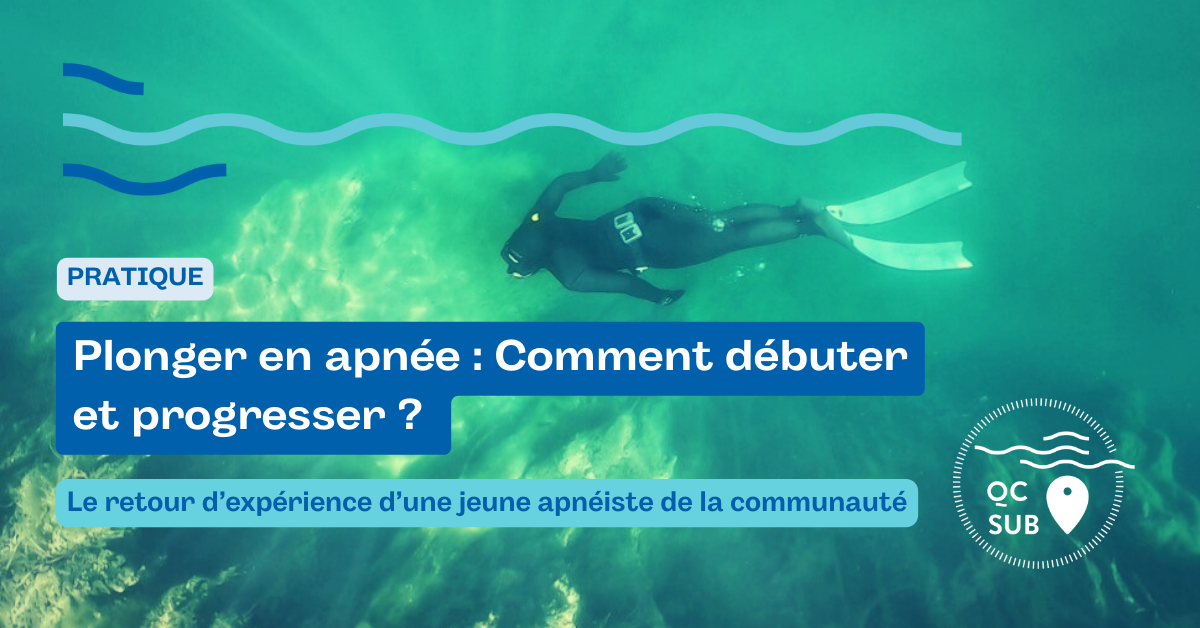

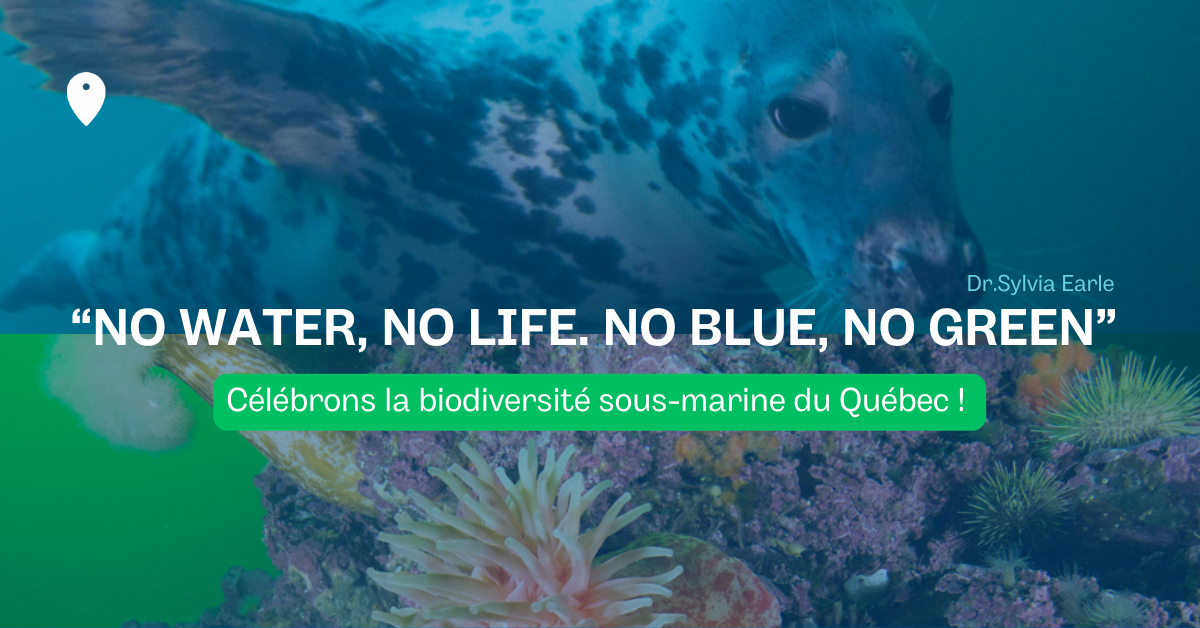
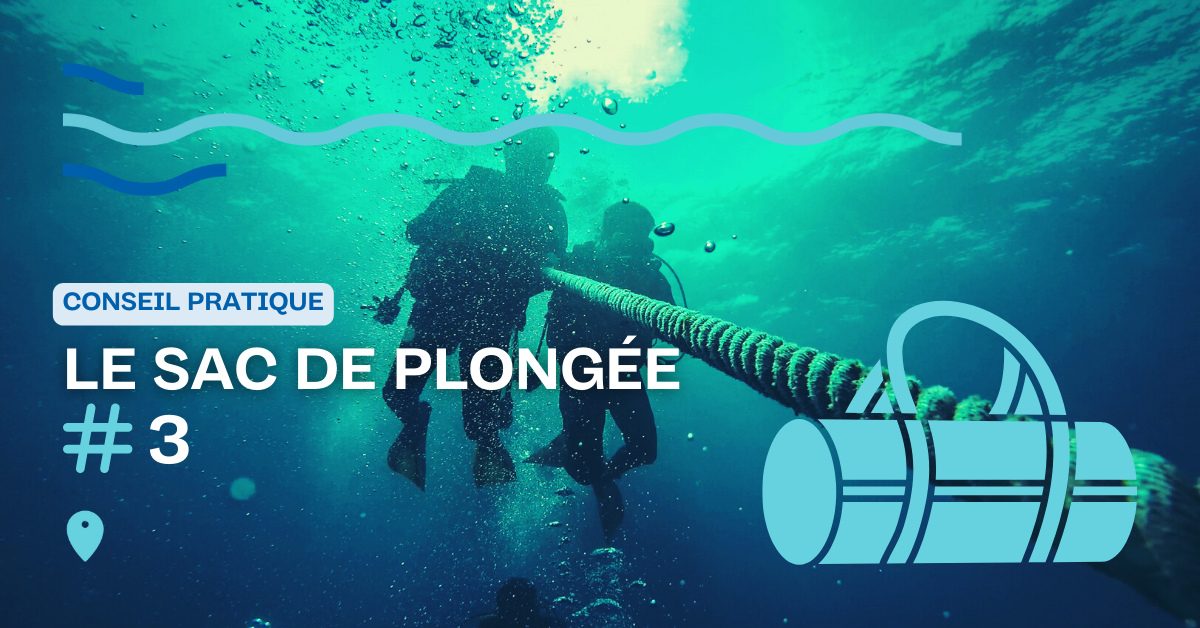
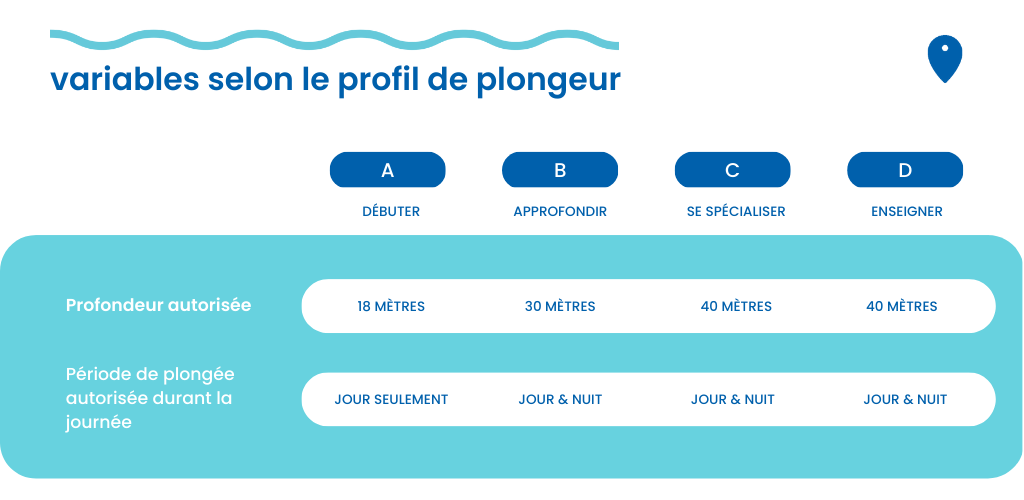
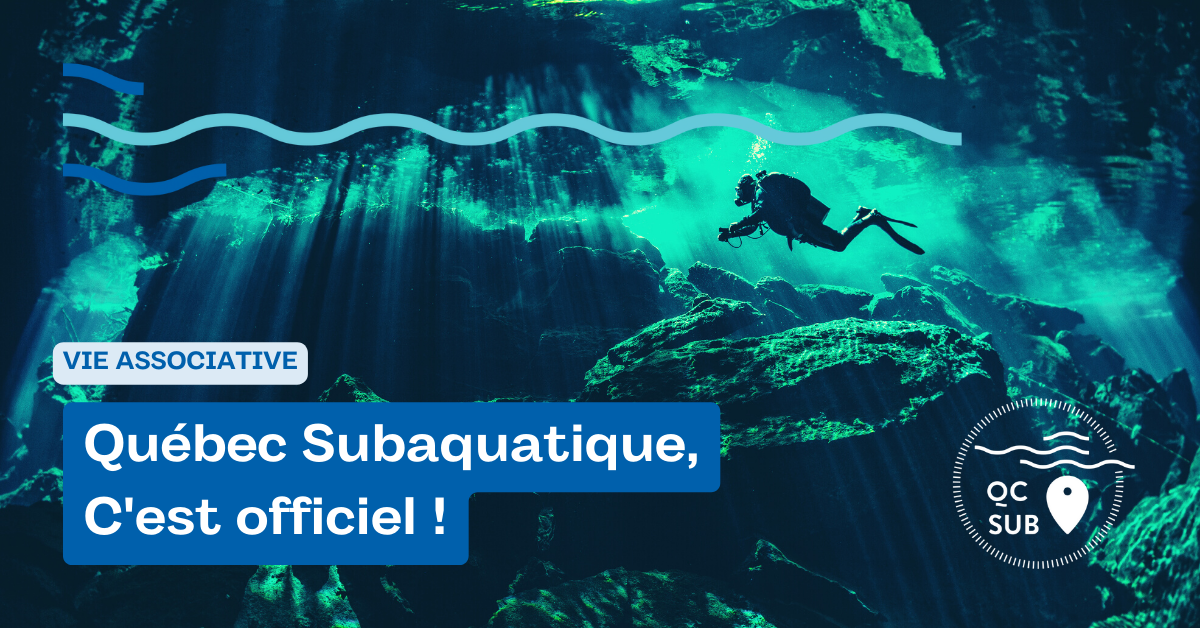
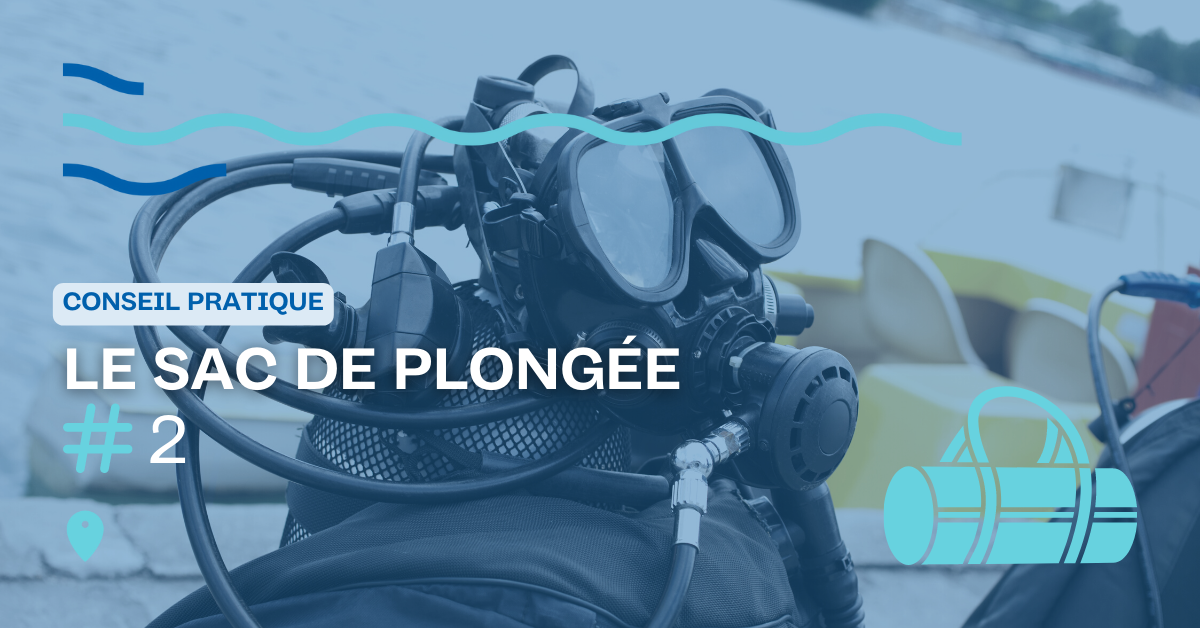
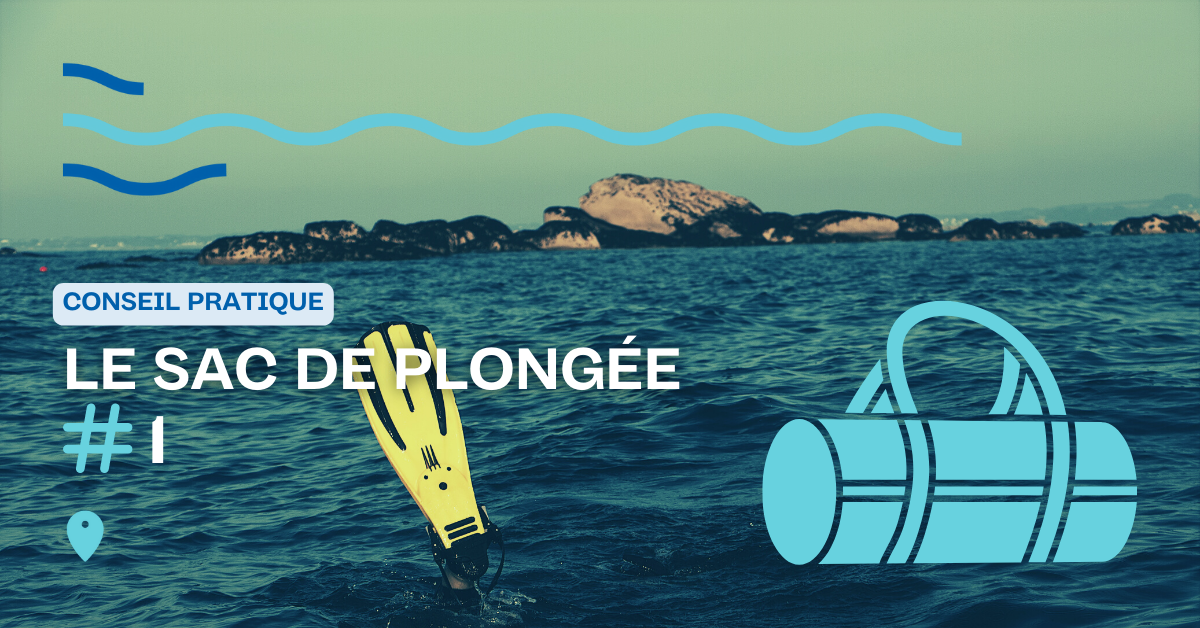
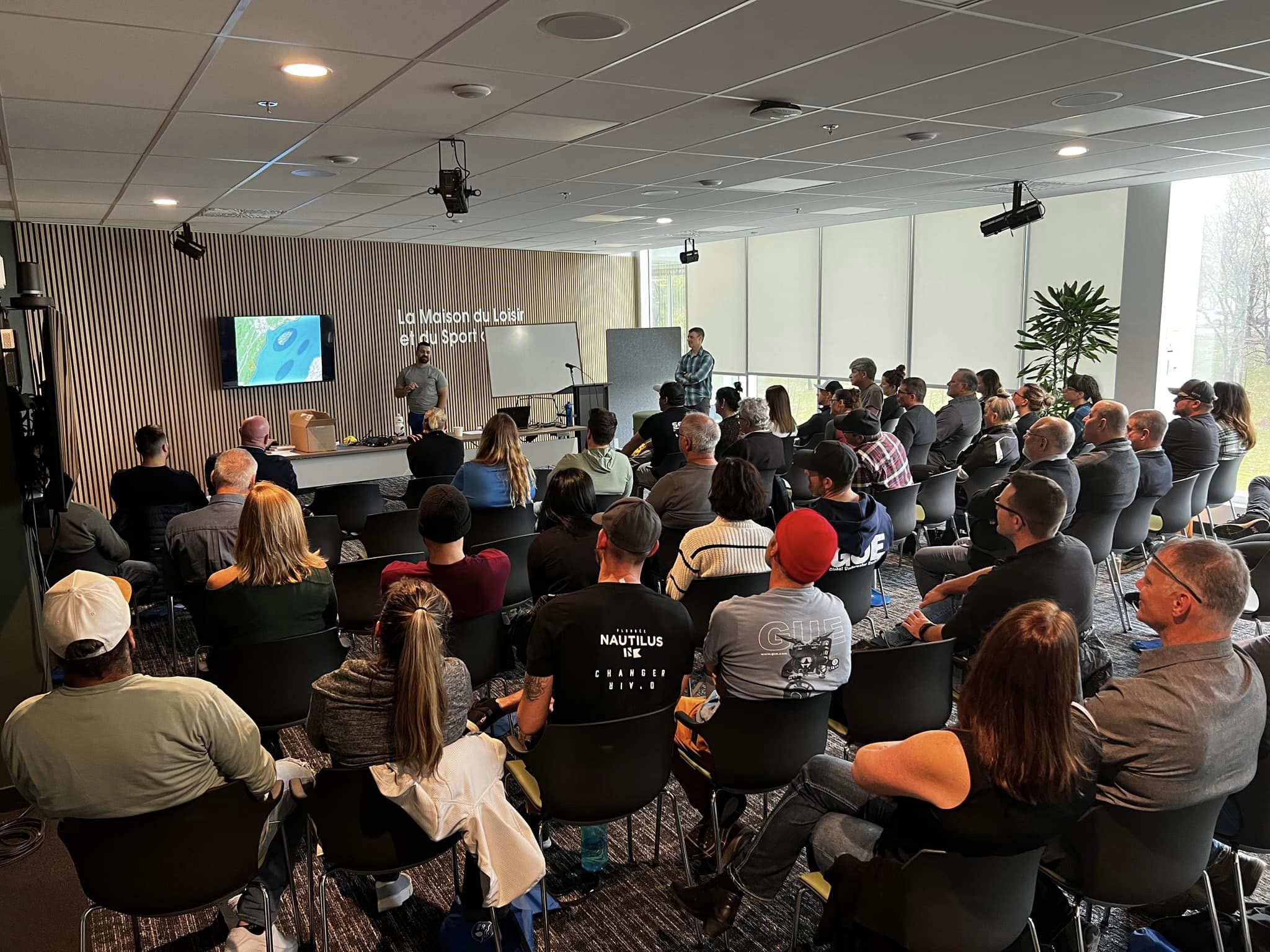
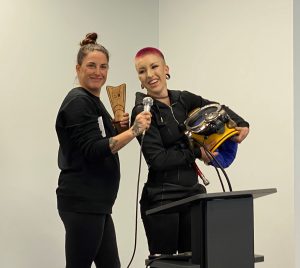 The young woman who will receive this award started diving in 2016 to discover a new destination other than on land, and her whole family followed in her footsteps and everyone got their scuba diving certification. In 2020, she is following many additional training courses to complement her practice and dive warmly and safely in Quebec.
The young woman who will receive this award started diving in 2016 to discover a new destination other than on land, and her whole family followed in her footsteps and everyone got their scuba diving certification. In 2020, she is following many additional training courses to complement her practice and dive warmly and safely in Quebec. 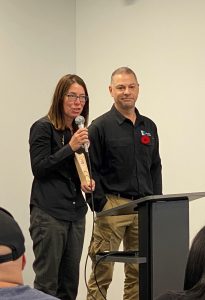 For this award ceremony, I will not keep the suspense until the end of my speech to announce the winner. Because to make a good presentation, I find it important to talk about it in a precise way. The project that won this trophy was put into operation this summer, following a preparatory phase that spanned more than 2 years.
For this award ceremony, I will not keep the suspense until the end of my speech to announce the winner. Because to make a good presentation, I find it important to talk about it in a precise way. The project that won this trophy was put into operation this summer, following a preparatory phase that spanned more than 2 years. 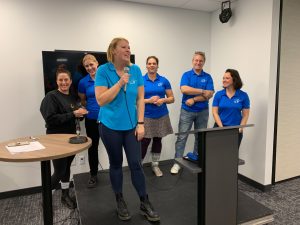 When we look at everyone here today, happy to be together, in a beautiful conference where things are going well and where everyone sticks to their text (haha!), we tend to think that is fine simply because it is, because there is no storm in sight and life is good among the Underwater Tribe. However, if Québec Subaquatique is doing well and developing, strengthening and serving its members better and better, it does not happen by itself. It takes a good captain's mausus to steer that boat, because it's a very complex and delicate bug.
When we look at everyone here today, happy to be together, in a beautiful conference where things are going well and where everyone sticks to their text (haha!), we tend to think that is fine simply because it is, because there is no storm in sight and life is good among the Underwater Tribe. However, if Québec Subaquatique is doing well and developing, strengthening and serving its members better and better, it does not happen by itself. It takes a good captain's mausus to steer that boat, because it's a very complex and delicate bug.